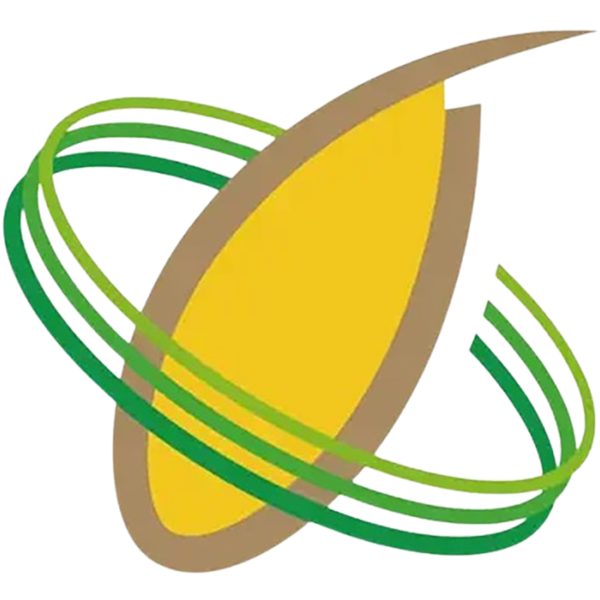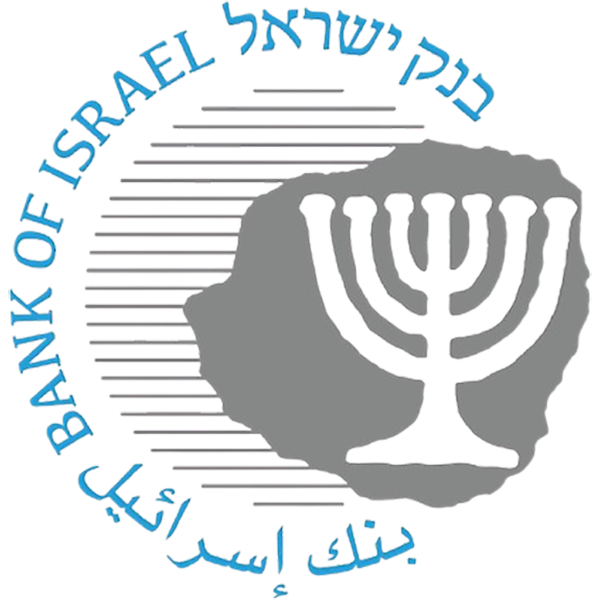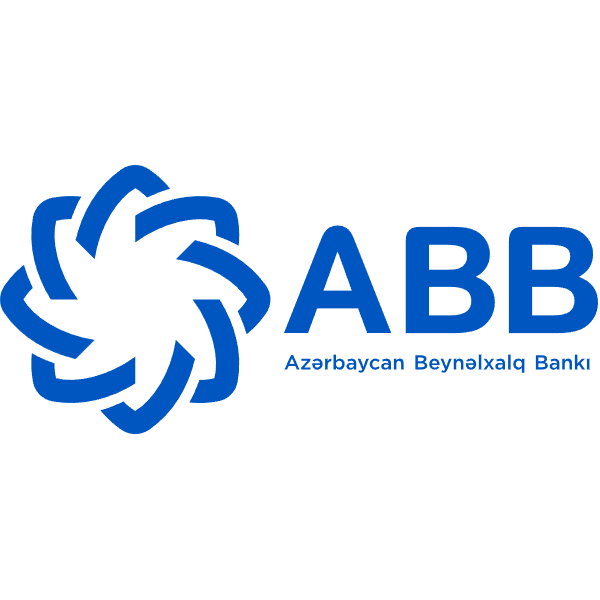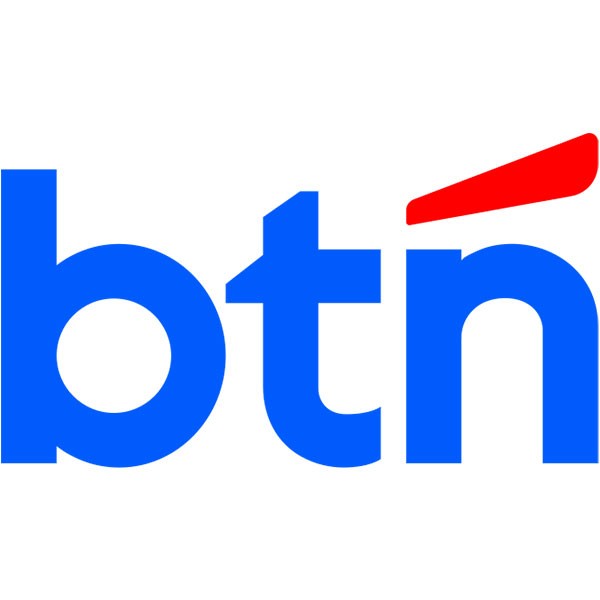Profil de l'entreprise
Export-Import Bank of Thailand (ci-après dénommée "EXIM Thaïlande") est un groupe d'institutions financières professionnelles en Thaïlande, qui fournit principalement du financement, de l'assurance-crédit et d'autres services financiers aux exportateurs en Thaïlande. La création de cette institution vise à soutenir l'industrie d'exportation thaïlandaise, à aider les entreprises à élargir le marché international et à améliorer le niveau de développement axé sur l'exportation de l'économie nationale. La portée des services d'EXIM Thaïlande couvre le crédit à l'exportation, le financement de projets, l'assurance-crédit, etc., fournissant un soutien financier diversifié aux exportateurs thaïlandais. EXIM Thaïlande n'est pas réglementée , c'est-à-dire que l'institution n'est pas officiellement autorisée par l'autorité de régulation financière d'un pays ou d'une région. Cependant, en tant que groupe d'institutions financières soutenu par le gouvernement, ses opérations sont supervisées et dirigées par le gouvernement thaïlandais. Malgré cela, en raison de la nature de ses activités et de la concentration de sa clientèle dans les exportateurs, EXIM Thaïlande n'est pas impliquée dans le commerce de détail traditionnel et n'est donc pas strictement réglementée par des opérations similaires sur titres ou en devises. L'activité principale d'EXIM Thaïlande n'inclut pas les produits de trading traditionnels tels que les devises, les matières premières, les actions ou les indices, etc. Ses services sont principalement concentrés dans les domaines suivants : EXIM Thaïlande ne fournit aucun logiciel ou plateforme de trading. Ses activités sont principalement exercées par le biais de services financiers traditionnels, y compris les facilités de crédit, l'évaluation des menaces et des risques et les services d'assurance. EXIM Thaïlande ne mentionne pas de méthodes de dépôt et de retrait spécifiques . Son activité est principalement axée sur la fourniture de services de financement et d'assurance aux exportateurs, plutôt que sur les activités traditionnelles de dépôt et de prêt. Support client : EXIM L'activité de base de la Thaïlande comprend les éléments suivants : Informations réglementaires
Produits de trading
Logiciel de trading
Méthodes de dépôt et de retrait
Support client
Activités et services de base
Crédit à l'exportation : Thaïlande













